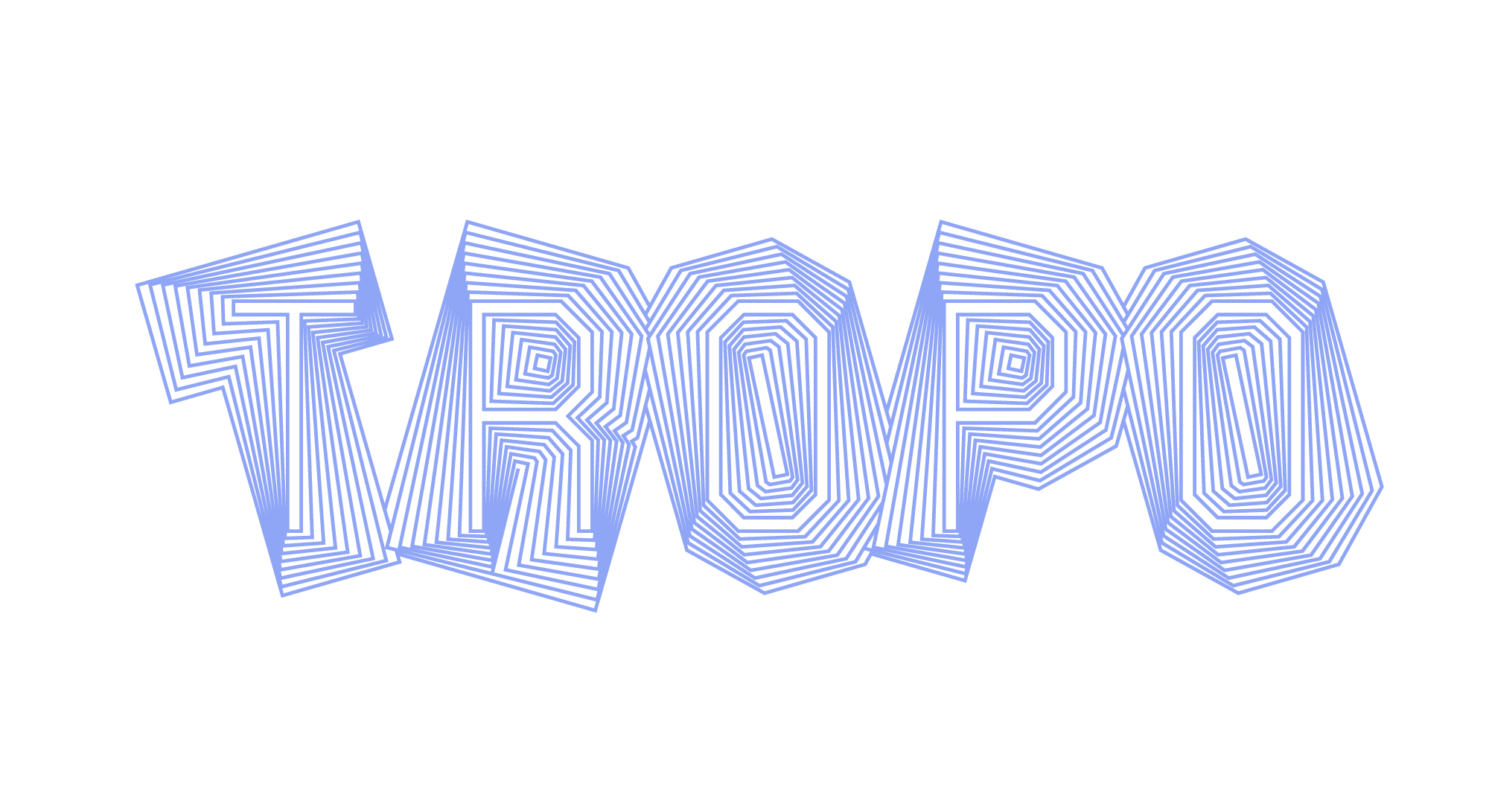
TROPO
Anthropocenic Ontologies in Portugal: social movements, public policies and emerging technologies

Drawing on the controversial emergence of the Anthropocene, a proposed geological epoch which illustrates the entanglements of human action and the environment, this project will explore a wide range of social and political devices to tackle climate change within the Portuguese context, including controversial technologies such as Geoengineering as well as social movements and political mechanisms focused on fostering low carbon societies.
Recognizing that different technologies are inevitably entangled with particular political projects, the aim of this project is to explore the manifold dimensions of the Anthropocene, investigating how the emergence of a new geological epoch is accompanied by attempts to reconfigure sociotechnical systems which aim at avoiding potentially disastrous climate change. This investigation will focus on how the Anthropocene triggers heterogeneous sociotechnical imaginaries and reshapes governmentality.
In order to do so, this research project will focus on three case studies: Geoengineering: a set of emerging technologies to tackle climate change through the direct manipulation of the Earth's climate system; The Transition Network: a social movement which emerged in Totnes, UK, in 2006 and is now widely disseminated across the world, with several communities in Portugal, fostering low carbon societies in order to address climate change and peak oil; The Roadmap 2050, a set of reports commissioned by the European Climate Foundation (ECF), aiming at a significant reduction in greenhouse gas emissions by 2050.
Recognizing that artefacts and technologies have politics, this project will analyze how heterogeneous practices such as geoengineering, carbon capture and storage and permaculture are actively promoted by distinct human collectives (including climate scientists, environmental activists and politicians) to tackle the same problem - climate change -, comparing futuristic, grassroots and top-down mechanisms to deal with the current environmental crisis.
The project will lead to several articles and various national and international conference presentations. A conference will be organized, as well forms of public engagement with geoengineering, wilderness walks and dissemination in schools.
António Carvalho (coord)
Elaine Santos
Emanuele Leonardi
Joana Canelas
João Arriscado Nunes
Mariana Riquito
Stefania Barca
Vera Lúcia da Silva Ferreira

